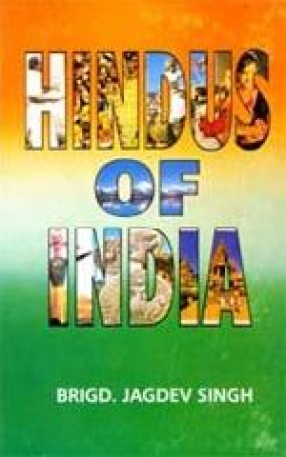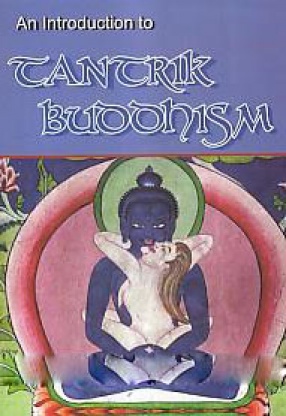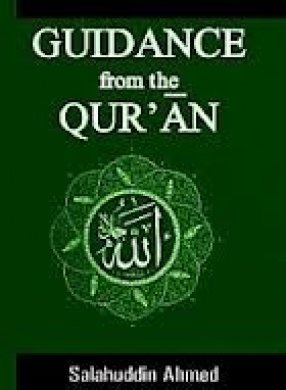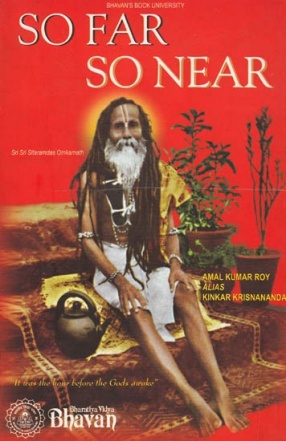The Hindu civilization is one of the oldest. Of the contemporary cultures of Central Asia and the Middle East there is no trace, barring some scattered relics of their past. The Sumerians, Semites, Hittites, Egyptians, Babylonians, Elamites, Greeks, Romans, are all gone for good, buried deep under the layers of time. The Hindu religion and culture had to be dynamic to have survived, had to be dynamic to have survived, even withstood the assaults of Islam and Christianity. This culture took millenniums in the making; it has in its ambit the time honoured great thoughts that flowered on this subcontinent. It produced people of towering achievements, great emperors and philosophers, warriors and men of sciences, arts and literature, leaders in religion and state craft, some amongst the greatest that ever walked this earth. The second millennium, however, saw its gradual decline, till by the middle of the nineteenth century, its people, having earlier drifted from a scientific temper and unity of purpose, fell, from affluence and the place amongst the world leaders in trade and commerce, and were captured by the British, almost to a man, and were plundered to abject penury. Yet the essentials of the civilization remained intact. What enabled it to withstand the ravages of time were the stolid patience of its people, its culture, the religion and its philosophy, and even the caste system.
An Introduction to Tantric Buddhism
$43.20
$48.00





There are no reviews yet.